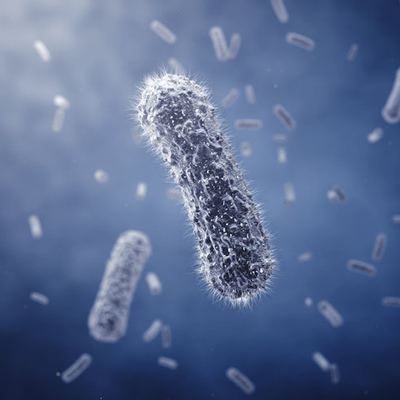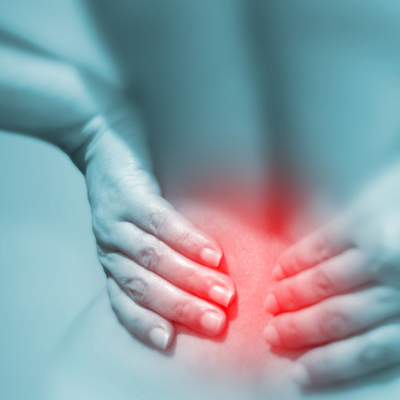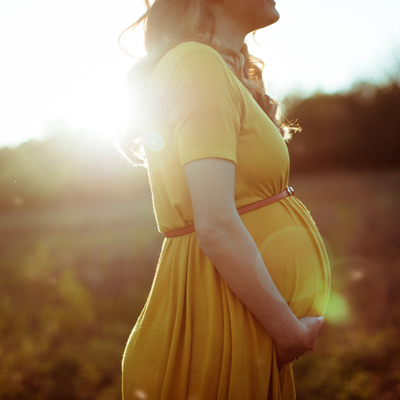Pregnant women who were accidentally given the quadrivalent HPV vaccine early in pregnancy need not worry
The Medical Republic has run its eye over the top medical journals over the past two weeks. Here are four key pieces of research we found:

Bacteria link to HIV risk
A study of 236 women aged between 18 and 23 years found women whose cervicovaginal microbiome was dominated by a high diversity of bacteria but had a deficiency of the Lactobacillus species had an increased chance of developing HIV compared with women with a low diversity but a dominance of Lactobacillus crispatus.
The authors said the findings suggested interventions to manipulate the cervicovaginal microbiome could be a “promising approach to reducing the risk of HIV infection in young women
in sub-Saharan Africa”.

Sciatica and drug relief
The prescribing of pregabalin for acute and chronic sciatica may need to be reconsidered following research that suggests the drug has little effect on reducing leg pain.
A randomised, double-blind, placebo-controlled trial of 209 patients with sciatica found pregabalin did not significantly reduce the intensity of leg pain associated with sciatica compared with the placebo over the course of the eight-week trial.
While the level of pain experienced by the patients did diminish over the trial period, the extent of the decrease was the same for both groups.
The study also reported an increase in adverse events for the pregabalin group (227 events) compared with the placebo group (124 events), with dizziness the most common side-effect.

Fish oil not so smart
The fish oil supplement, docosahexaenoic acid (DHA), has no positive impact on the intelligence of children born to mothers who took the supplement during the last half of their pregnancy, an Australian study shows.
A seven-year follow-up of a randomised trial of women given 800mg of DHA daily found no significant difference in the IQ of the children of the mothers who were given the supplement and those who were not.
These results reflected earlier follow-ups of the children, at 18 months and four years, which also found no neurodevelopmental benefits of taking the omega-3 polyunsaturated fatty acids.

HPV vax safe for pregnancy
Pregnant women who were accidentally given the quadrivalent human papillomavirus vaccine early in pregnancy need not worry.
A study of pregnant Danish women found rates of adverse events in pregnancy were not significantly different for those who were exposed to the vaccine in the first trimester compared with those who were not exposed at all.
More than 8000 women were included in the seven-year study, and outcomes included spontaneous abortion, stillbirth, major birth defect, small size for gestational age, low birth weight and preterm birth.
The findings were “very encouraging”, the author of an accompanying editorial wrote.


